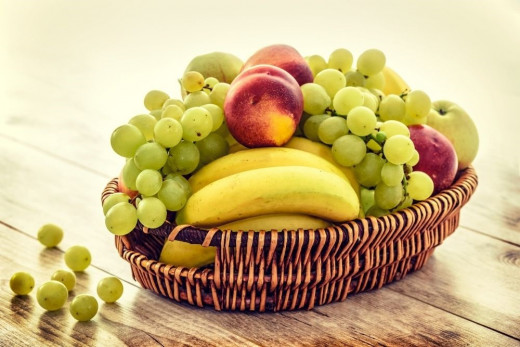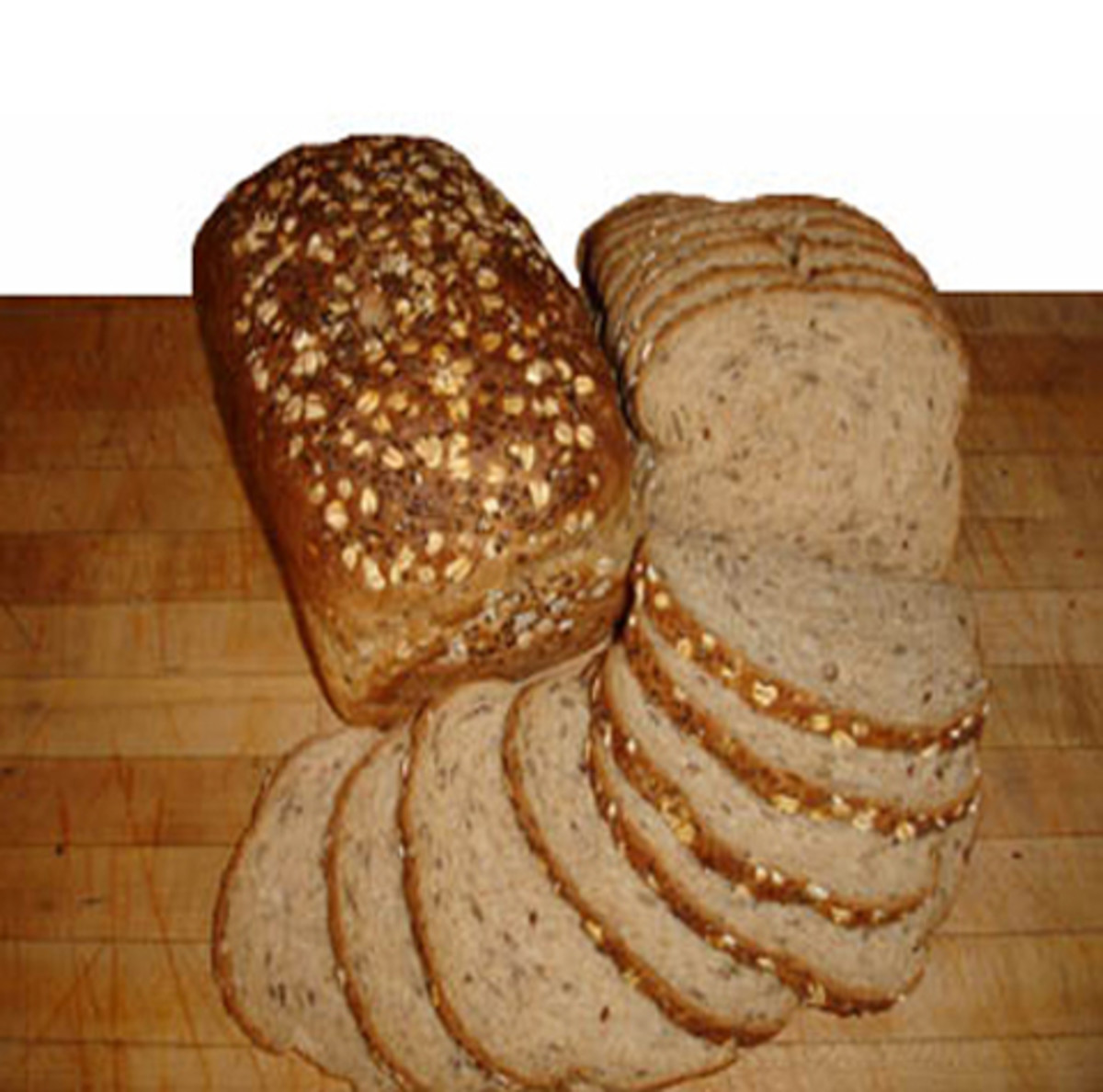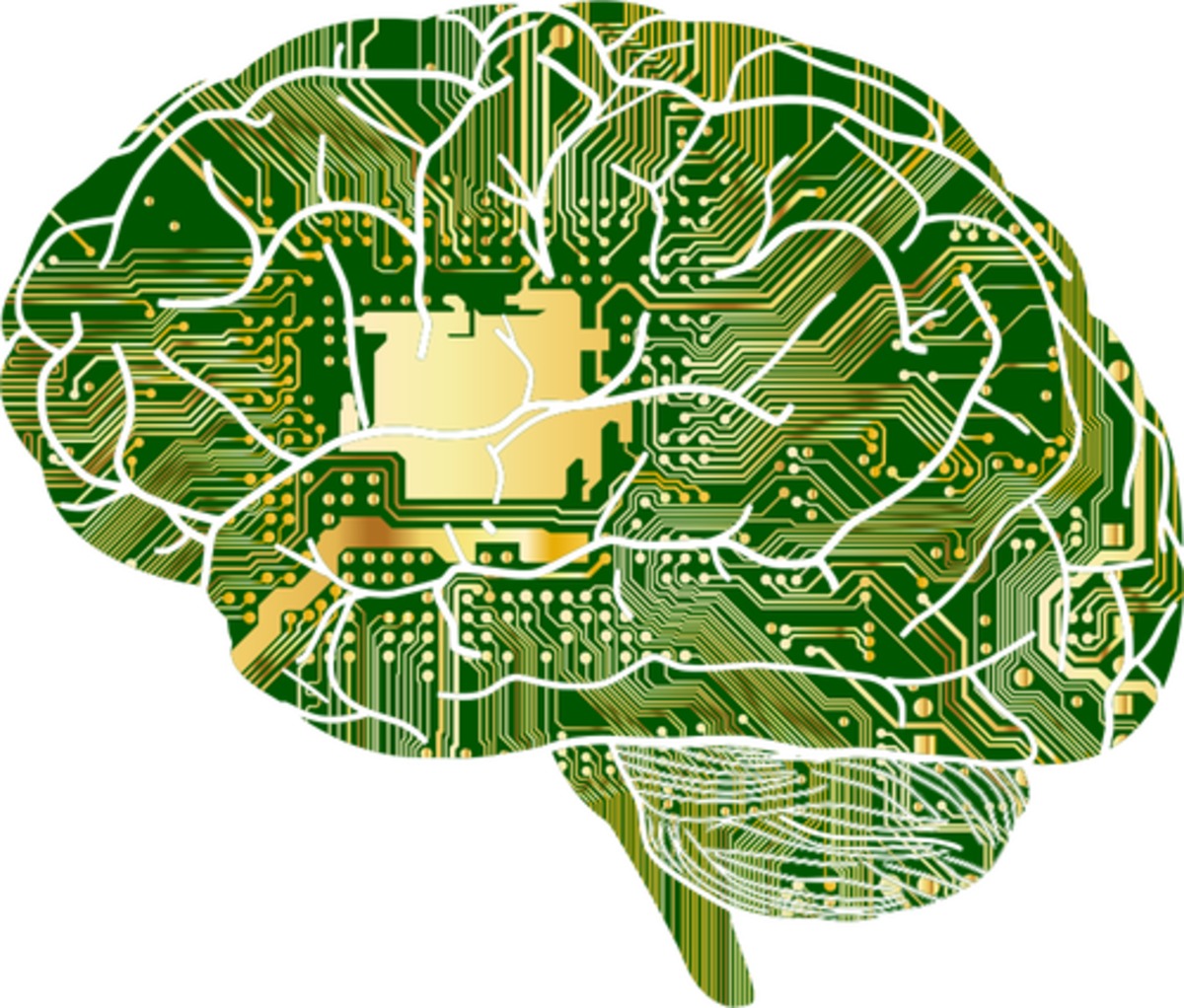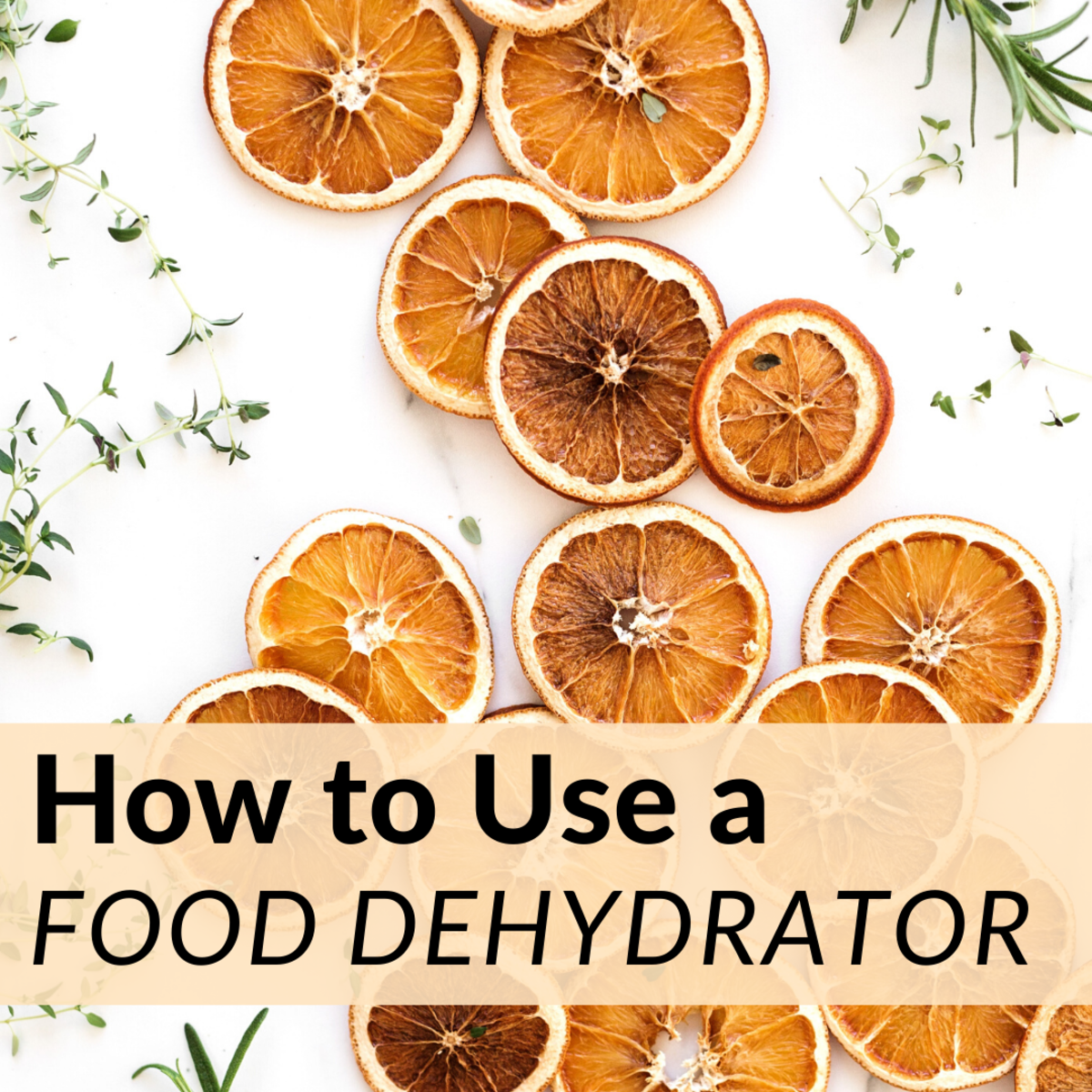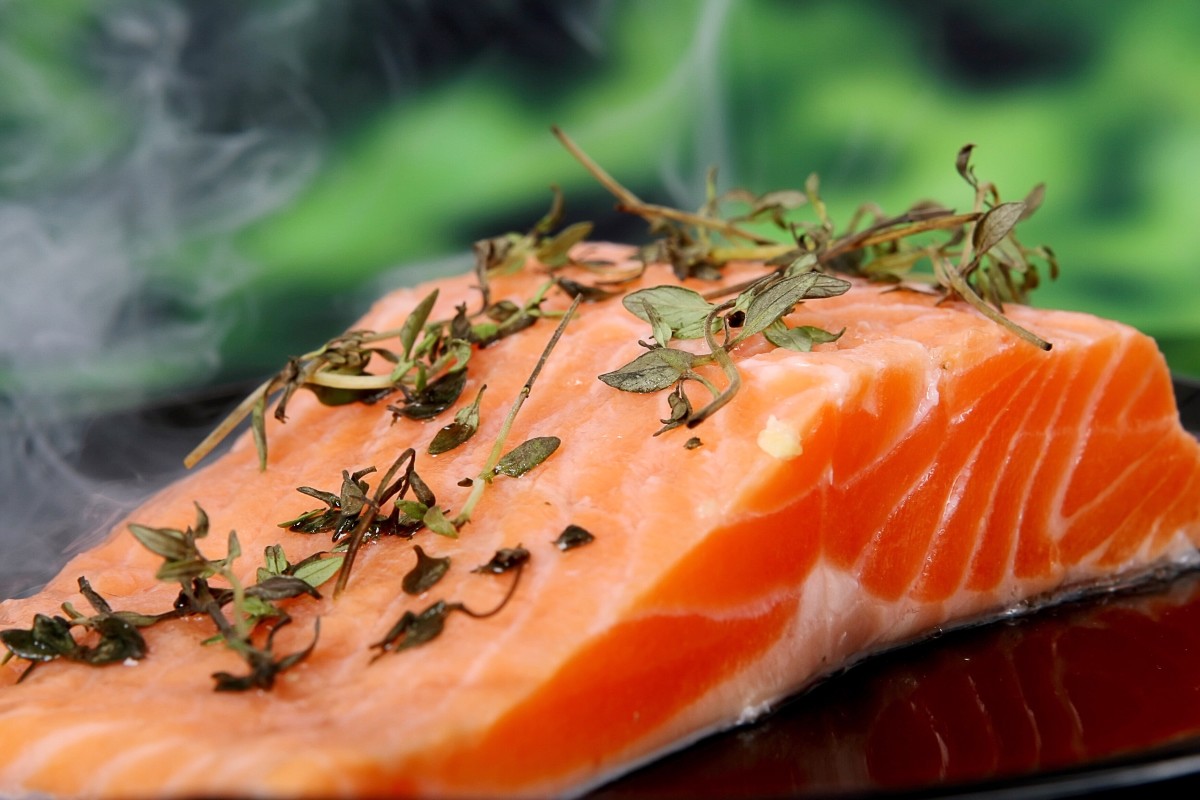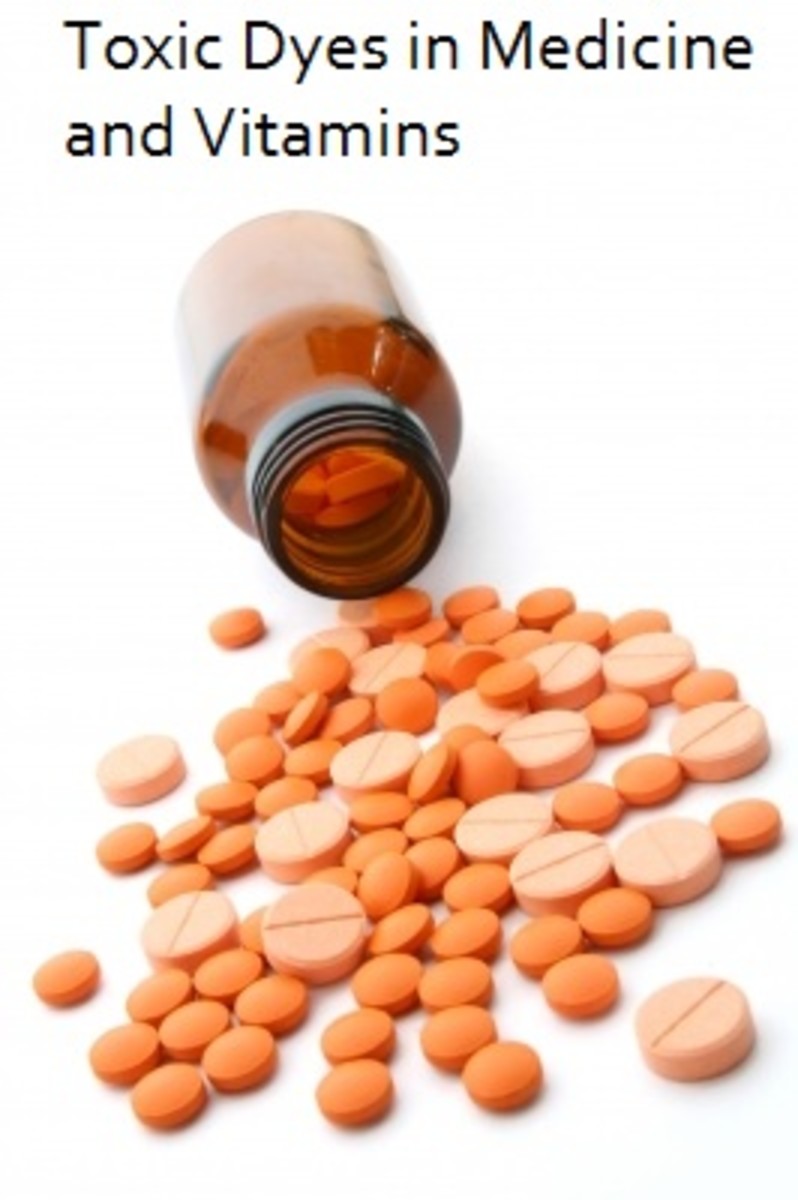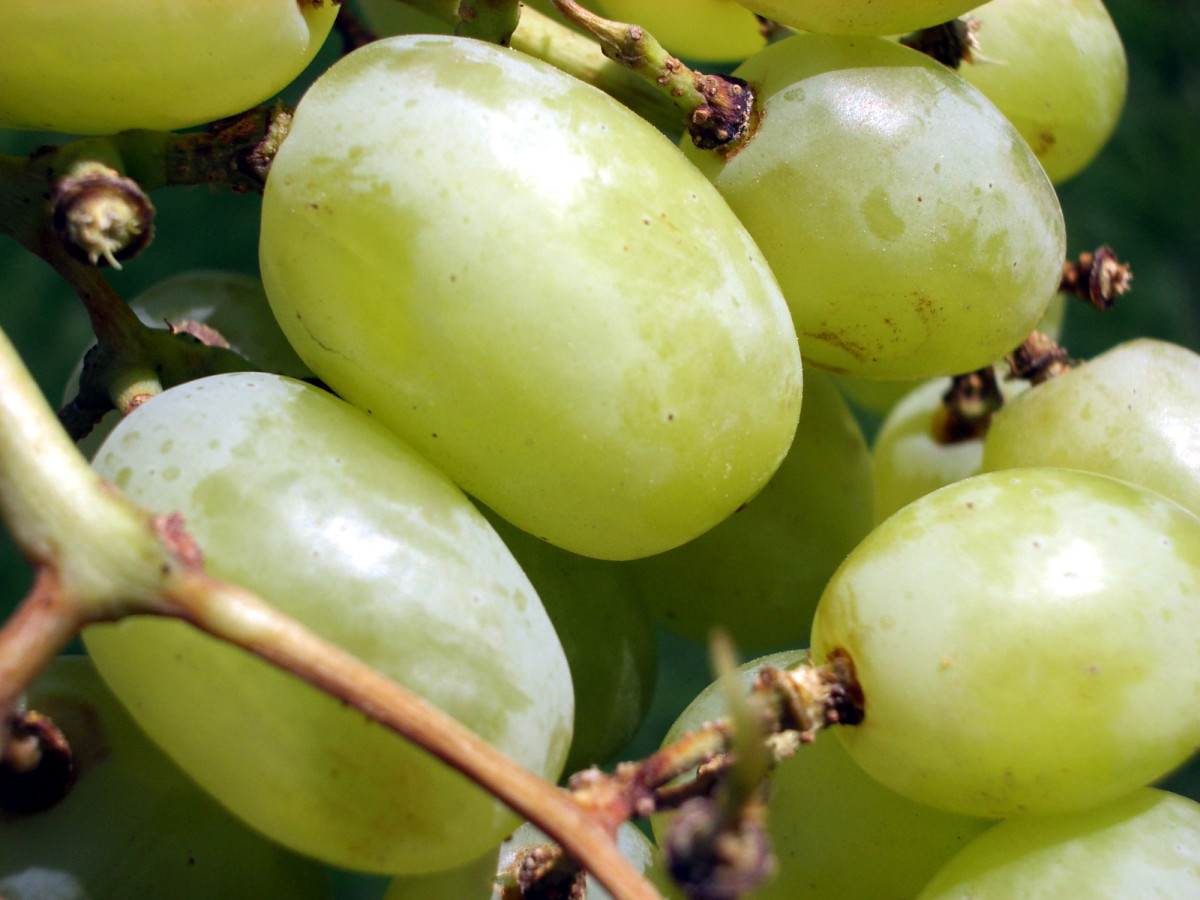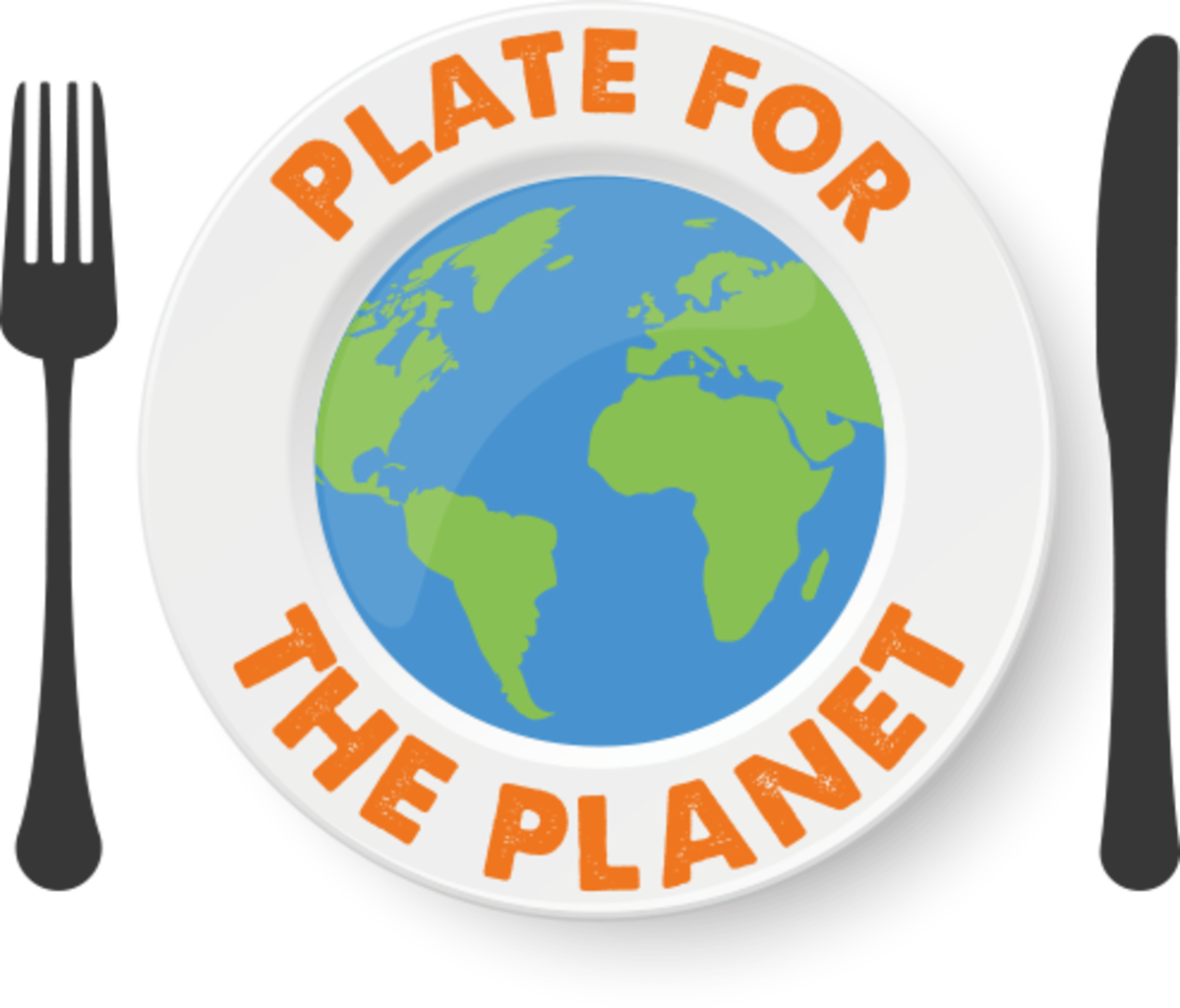To Buy Organic or Not
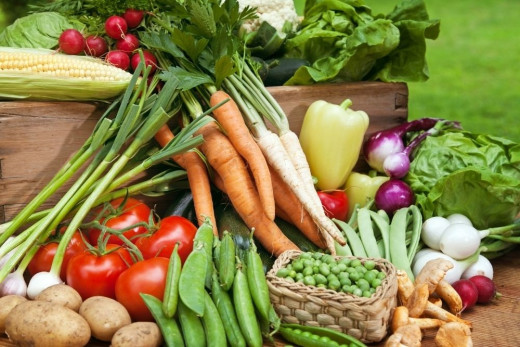
Why Buy Organic
I’m sure you probably wash your fruits and vegetables when you get them home from the supermarket, but did you ever consider besides a little dirt what might also be on the fruit?
How about chemicals from pesticides, waxes, and herbicides?
Washing may remove some of the chemicals from the outside of the fruit, but it won’t get rid of all of it and it won’t get rid of any of the chemicals that enter the fruit or vegetable cells.
What’s the answer? Buy organic whenever possible. You may not be able to buy only organic all the time but please consider that there is produce that has more toxic chemicals than others.
The following list has the fruits and vegetables with the highest amount of chemicals:
1. Peaches
2. Apples
3. Sweet Bell Peppers
4. Celery
5. Nectarines
6. Strawberries
7. Cherries
8. Lettuce
9. Grapes – Imported
10. Pears
11. Spinach
12. Potatoes
The Environmental Working Group (EWG) is a non-profit environmental research organization that stated that by eliminating the above list called the “dirty dozen” you will be able to lower your exposure to pesticides by about 90%.
The following list has the least amount of exposure to pesticides:
- Asparagus
- Avocados
- Bananas
- Broccoli
- Cauliflower
- Corn (However, almost all corn is genetically modified)
- Kiwi
- Mangoes
- Onions
- Papaya
- Pineapples
- Sweet Peas
The Environmental Working Group (EWG) has suggested that eating the fruits and vegetables listed in the “dirty dozen” will expose you to at least 14 pesticides per day while eating from the least contaminated list will only expose you to 2 pesticides per day.
You might ask why you should be concerned about ingesting pesticides. Studies have shown that pesticides can cause cancer, and nervous system damage, and even have reproductive effects.
Remember to eat a varied diet, wash all your fruits and vegetables and choose organic whenever possible.
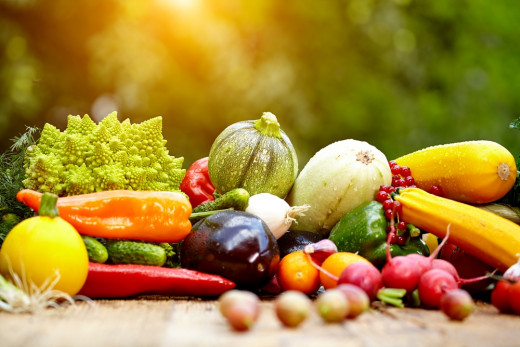
Organic Books

Is Organic Food Really Worth It?
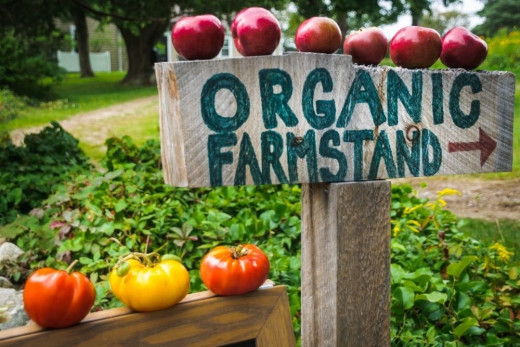
What's in My Food?
It might be a good idea to check the labels on the packaging the next time you go shopping so you can avoid the following twelve food additives that have been linked to various diseases:
- Sodium nitrite
- BHA & BHT
- Propyl gallate
- Monosodium glutamate
- Trans fats
- Aspartame
- Acesulfame-K
- Food colorings (Blue, Red, Green, Yellow)
- Olestra
- Potassium bromate
- White sugar
- Sodium chloride (salt)
Let’s start with one of the additives that seem to be in most foods: sodium nitrite. This is a preservative that can be found in bacon, ham, hot dogs, sandwich meats, and smoked fish.
You may have been reading a lot lately about BHA (butylated hydroxyanisole). This preservative can also be found in cereal, gum, potato chips, and vegetable oils.
BHA has been linked to cancer in animal research. Propyl gallate another preservative can be found in meats, chicken soup base, and gum and has also been linked to cancer.
The most widely known food additive has to be monosodium glutamate (MSG) which can be found in most processed foods. MSG can cause migraines and other health problems including asthmatic symptoms.
This little food additive goes by lots of other names including hydrolyzed vegetable proteins, autolyzed yeast, hydrolyzed yeast, yeast extract, soy extracts, and protein isolate.
There has been a lot of controversy regarding trans fats in the last number of years and as a result, it has been removed from most, but not all foods.
It can still be found in fried foods like French fries and doughnuts, and baked goods including pastries, pie crusts, biscuits, pizza dough, cookies, crackers, and stick margarine and shortenings.
Trans fats have been linked to heart disease, strokes, and kidney diseases.
This is just a bit of information on the food additives that can be found in food. Reading the labels on the foods before we purchase them is a good way to make sure we are limiting or avoiding food additives.
Don’t forget that there are still a couple of food additives that seem to be in everything, and that is sugar and salt. Although considered a food and not an additive, they do not have any nutritional value.
You can avoid these additives in your food by reducing or cutting out processed foods in your diet. It is always best to eat food in its original state and choose organic if you can.
Eating a diet that is full of food that is “alive” is the best way to get the nutrients your body needs without the added toxins.
Preparing your food yourself, and not relying on processed foods, is the best way to maintain good health.
Pottenger's Cat Study
A Study in Nutrition reports on an experiment that included 900 cats over four generations. The cats were divided into five groups. All the groups were supplied the same basic minimal diet, but the major portion of the diets was varied.
Two of the groups were fed raw foods (raw milk and meat - real foods for cats). The other three groups were given processed foods: pasteurized, evaporated, and condensed milk.
All four generations of the raw meat and raw milk groups remained healthy throughout their normal life spans.
The first generation of all three processed food groups developed diseases and illnesses near the end of their lives.
The second generation of all three processed food groups developed diseases and illnesses in the middle of their lives.
The third generation of all three processed food groups developed diseases and illnesses at the beginning of their lives and many died before six months of age.
There was no fourth generation in any of the three processed food groups. Either the third generation parents were sterile or the fourth generation cats died before birth!
Remember, all four generations of the raw food groups were healthy throughout their normal life spans.
Does this give you an understanding of why so many children are now developing cancer? Why there were no fertility clinics 30 years ago?
There is no similar experiment in the medical literature. The findings were supervised by Dr. Pottenger along with Dr. Alvin Foord, professor of pathology at the University of Southern California and pathologist at the Huntington Memorial Hospital in Pasadena.
These studies met the most rigorous scientific standards of their day.

The Truth about Organic Food
Books Available:

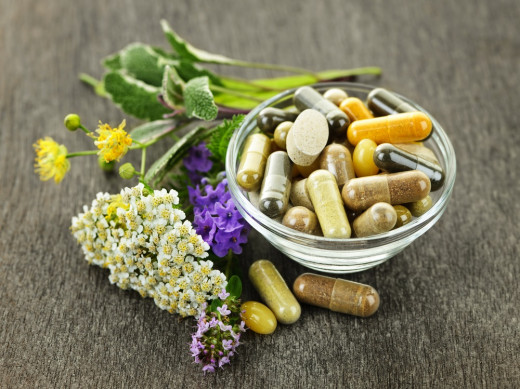
Organic Supplements
What does organic on the label really mean? There is more than one definition so you need to decide what it means to you.
It is unlikely that a supplement will be 100% organic. Some of the ingredients may be, but chances are not all of them will be. In both Canada and the United States, the label needs to state that the ingredients are at least 95% organic to be considered organic.
If you have thought you should be buying organic supplements there are a few things to consider. If you have a medical condition or are not getting enough nutritional support then you might want to consider the quality of your supplements.
At different times in your life, you may need different supplements. Pregnant women need to take folic acid and if you are elderly you may need to take more B12.
Is taking an organic supplement better than one that isn’t organic? The good news is that a supplement that is deemed organic can not be genetically engineered or contain any synthetic pesticides, growth regulators, or additives.
So you decide, is organic better for your health?
Remember that if you choose synthetic, natural, or organic supplements they are meant to be an addition to a healthy diet along with a chance at better health and wellness.
Organic vs Conventional Produce
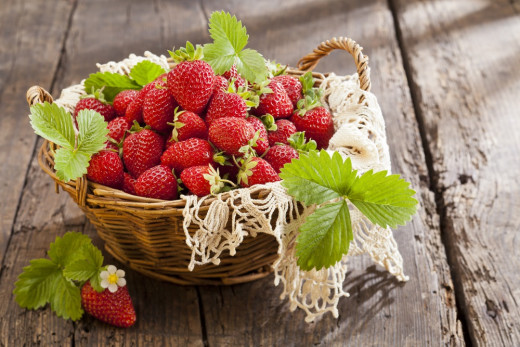
Dangerous Pesticides on Strawberries
Strawberries can be found on the list of foods containing high levels of pesticides. Other foods on this list include peaches, apples, sweet bell peppers, celery, nectarines, cherries, lettuce, grapes, pears, spinach, and potatoes.
The California strawberry growers use millions of pounds of a chemical called methyl bromide which is banned in many parts of the world. It is banned because it damages the ozone layer and comes with many health risks.
These risks include the respiratory, nervous system, and neurological problems and are especially dangerous for the people who have to work on the farms or who live near them.
A lot of the California farmers have replaced this dangerous chemical but they have replaced it with another pesticide that is even more dangerous as it can damage DNA, cause miscarriages, cancer, and brain damage.
This chemical pesticide is called methyl iodide.
There is much debate about how much of the pesticide local residents and farmers will be exposed to and how severe their health problems will become as a consequence of this deadly poison.
Shouldn’t the debate be more about how we stop using dangerous chemicals as a solution to agriculture problems?
Not only are we polluting the communities with pesticides we are also contaminating other crops and our drinking water.
Isn’t it time to put a stop to using dangerous chemicals on our food when there are non-toxic, natural solutions available?
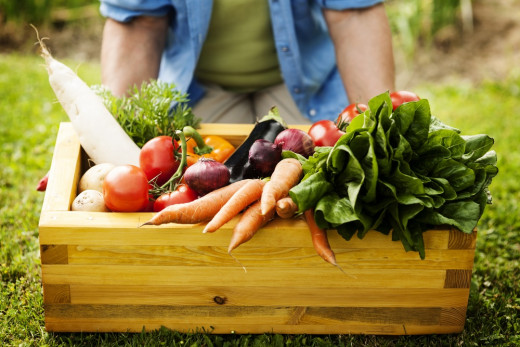
Useful Organic Links
- Official Food, Inc. Movie Site - Hungry For Change?
The film examines corporate farming in the United States, concluding that the meat and vegetables produced by agribusiness have many hidden costs and are unhealthy and environmentally-harmful. - Organic Production and Organic Food: Information Access Tools
Organic Production and Organic Food: Information Access Tools - Natural Food Websites ~ Popular Online Sites
Natural Food Sites in Our Self Help Websites Directory - Organic Consumers Association
Research and Action Center for the Organic, Buy local, and Fair trade movements. - Directory of Sustainable and Organic Food, Organic Gardening, Organic Farming, Sustainable Agricultu
Directory and guide to sustainable and organic food, gardening, farming, education, jobs, volunteering, events, organizations in Canada and beyond. - EcoBusinessLinks - Green Directory for green products and services
Environmental directory for green products, online eco shopping, green services and sustainable resources. Organic food. - Organic foods: Are they safer? More nutritious?
Find out what factors might influence your decision to buy or bypass organic foods. - Organic food info - Advantages of organic food - what goes in to your food?
A great information resource on the advantages of organic food. We have articles all about organic food, what it is, where to get it and why you should be worrying about pesticides. - Canadian Organic Growers - Welcome to Canadian Organic Growers
To lead local and national communities towards sustainable organic stewardship of land, food and fibre while respecting nature, upholding social justice and protecting natural resources. - Small Steps to Wellness
Learning how small steps can improve your health and wellness. - Strawberries are about to Become More Toxic
